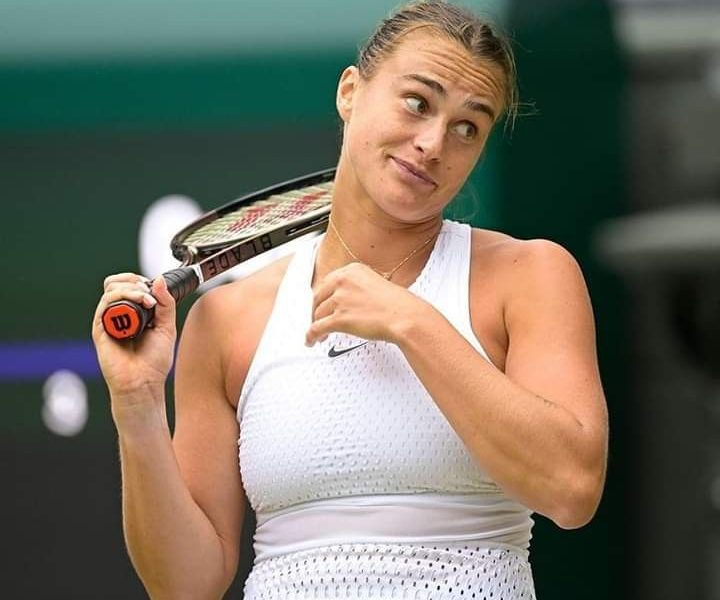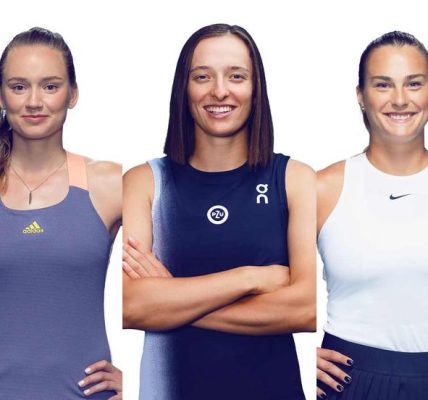If you’ve been following women’s tennis closely, you may have noticed something unusual during recent tournaments: Aryna Sabalenka, one of the world’s top players, competes without a national flag next to her name. This has left many fans asking the same question — why does Sabalenka play without representing Belarus, and what does it mean for her career?
This article explains the reasons behind this situation, the official rules governing it, and how it affects one of the most powerful players on the WTA Tour.
The Background: Political Tensions and Sports Regulations
Aryna Sabalenka, a Grand Slam champion and consistent top-five player, is from Belarus. However, due to international sporting sanctions and ongoing political tensions involving Belarus and Russia, players from these countries have been required to compete under a neutral status in many international tennis events.
This policy began in 2022 when major tennis organizations — including the WTA, ATP, ITF, and the Grand Slam committees — agreed to allow Belarusian and Russian players to continue competing, but without displaying their national flags or anthems.
The rule applies across major tournaments such as Wimbledon, the US Open, and the French Open.
What “Neutral Status” Means in Tennis
When a player competes under a neutral flag, it means:
-
Their national flag and anthem are not used in official displays or ceremonies.
-
Tournament graphics and scoreboards list their name and ranking only, without a country code.
-
They compete as individual athletes, not as representatives of their nation.
Despite this restriction, Sabalenka continues to participate in WTA and Grand Slam events as a neutral competitor, maintaining her full eligibility for rankings, prize money, and titles.
Sabalenka’s Response to the Policy
Sabalenka has publicly expressed her desire to focus on tennis rather than politics. While she has acknowledged the difficulties that come with this situation, she often emphasizes that her main goal remains to “play the sport and inspire others.”
In several interviews, Sabalenka has said that she respects the rules set by the tennis authorities and is grateful to still have the opportunity to compete on the global stage.
Many fans and analysts praise her for maintaining professionalism under intense scrutiny.
How Fans and Players Have Reacted
The policy continues to generate mixed reactions. Some tennis fans believe the restrictions are unfair to athletes who are not personally involved in political decisions. Others support the move, arguing that it helps maintain neutrality in sports during sensitive global events.
Fellow players have largely shown respect toward Sabalenka, recognizing her talent, consistency, and commitment to the game regardless of external circumstances.
The Broader Context: Sports and Politics Intersect
The situation surrounding Aryna Sabalenka highlights a broader issue — the intersection of sports and global politics. While tennis is meant to transcend borders, it cannot always remain isolated from world affairs.
The “no-flag” rule has affected other top athletes as well, including Russian players such as Daniil Medvedev and Andrey Rublev. This demonstrates how sports governing bodies continue to navigate complex ethical and political challenges while trying to keep competitions fair and inclusive.
What’s Next for Aryna Sabalenka
As of 2025, Sabalenka remains one of the strongest contenders on the WTA Tour. Her powerful serve, aggressive baseline play, and mental toughness continue to make her a fan favorite.
Whether or not the flag restrictions will be lifted depends on future developments in international sports governance and political relations. Until then, Aryna Sabalenka will keep competing under a neutral flag, letting her performances speak louder than her nationality.





